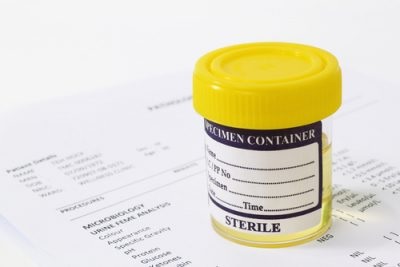Employers often feel an obligation to implement a drug screening program in the workplace, typically with safety in mind. It is used as a precaution to ensure people who would be a danger to others aren’t hired. Random testing is also used to discourage employees from using drugs after hire.
 However, despite the safety aspect of drug screening, there may be negative consequences for employers, as well. For example:
However, despite the safety aspect of drug screening, there may be negative consequences for employers, as well. For example:
- It may be complicated to implement a fair policy. For example, marijuana is one of the drugs commonly screened for, but this particular drug has a different legal classification at the federal and state level. It also has medical uses and may be prescribed legally in many places. While this alone is not a reason not to conduct a drug screening, it does present a complication, especially if screening out individuals who may have legal standing at the state level. Additionally, marijuana use is common, regardless of its legality, so screening out these individuals may significantly reduce the pool of possible job candidates.
- Employees who are randomly tested may feel it is unfair. Even if drug screening is truly random or only utilized in specific instances, it can still feel targeted by those who are required to undergo it, meaning these individuals may feel they’re being singled out, discriminated against, or treated in an unfair or retaliatory manner. While this may not be the case, it could still raise the risk for discrimination claims and even lawsuits.
- Drug screening can have a negative impact on overall employee morale. Employers may find this ironic, especially given that many employers implement such policies specifically to protect employees. However, some people will find them intrusive, which can cause frustration and have consequences for the work environment.
- Drug testing programs cost time and money. Regardless of whether the program is upon employment, random, or only administered in cases of accidents or safety incidents, there are costs to consider. This, of course, isn’t a reason not to implement such a program, but costs should be taken into account.
- Drug tests often find trace amounts of a drug but cannot conclusively show when the drug had an impact on the system. Therefore, a positive drug test result does not always conclusively show that someone was under the influence while at work. While some employers draw a hard line, this is a complication. Many employees don’t feel their activities outside of the workplace should be their employer’s concern, so these tests bring up employee privacy rights and more. If there’s no reason to believe there is a problem, it can seem unfair to hold a positive test against someone, given that it didn’t cause a problem at work.
- Drug screening as a safety measure can create a false sense of security. Drug use is just one of many workplace safety risks, but most employers don’t screen for many of the other ones, even ones that are far more common, like a lack of sufficient sleep or alcohol use (including off-work use that causes hangovers and other forms of impairment).
- False positives can cause frustration among employees and would-be employees. Many prescription medications can show up on a drug screen, for example. While this can be explained, it makes the testing feel more intrusive and can make drug screening more laborious than intended by necessitating further investigation more often than warranted. (In other words, employees may have a substance in their system, with a perfectly good and legal reason and zero impairment, yet have to jump through hoops to prove their positive result was indeed legal.)
What has your experience been with implementing a drug screening policy in the workplace?
